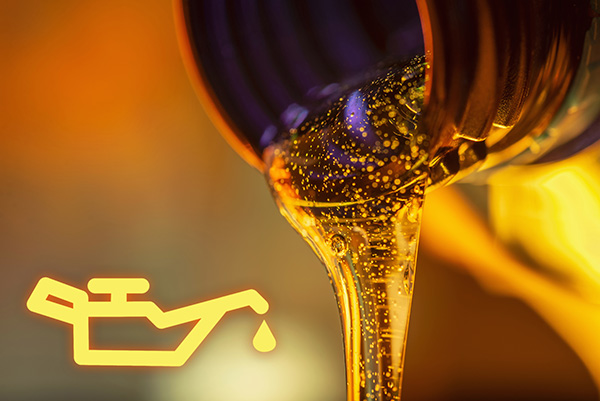
It’s not unusual for drivers to check their oil a few thousand miles after a service and notice that the level has dropped. But when exactly does normal oil use turn into a problem? The short answer: if your car is burning a quart of oil every 3,000 miles or more, that’s generally considered acceptable—especially for older engines or high-performance vehicles. However, if consumption becomes more frequent, it could point to something that needs attention.
Here’s what you need to know about oil consumption and when it’s time to investigate further.
Normal Oil Usage
Internal combustion engines rely on oil to lubricate moving parts, control heat, and minimize wear. During regular operation, especially over longer distances or under heavy engine loads, it’s normal for some oil to be used. A rate of up to one quart per 3,000–5,000 miles is typically within manufacturer guidelines for many vehicles, particularly as they accumulate miles.
This is especially true for turbocharged engines or cars that see a lot of high-RPM driving, like freeway commuting or mountainous routes. These operating conditions naturally cause more oil vaporization and minor burn-off.
When It Becomes a Concern
If you’re adding oil more frequently—say, every 1,000 to 2,000 miles—or you find yourself checking the dipstick often just to keep up, it may be time to look deeper. Rapid oil loss isn’t just a nuisance; it can be a sign of internal engine wear or a malfunctioning component. Common causes include worn piston rings, deteriorated valve stem seals, or a malfunctioning PCV (positive crankcase ventilation) valve.
You may also notice symptoms like visible blue smoke from the exhaust, a strong burnt oil smell during driving or after parking, or oily residue fouling your spark plugs. These are signs that oil is entering the combustion chamber and burning along with your fuel.
The Role of Oil Type and Driving Conditions
Using the correct oil grade for your engine is vital. Thinner oil grades—while sometimes more fuel-efficient—can burn off more quickly in older engines. On the flip side, thicker oils may offer better sealing and less burn-off but aren't always recommended, especially in modern engines built for tighter tolerances.
City drivers often notice oil consumption earlier than highway drivers because of more frequent starts, idling, and short trips that don’t allow the engine to reach full operating temperature consistently. In contrast, vehicles that spend long periods at high speeds may experience oil consumption from sustained high temperatures and pressure.
How to Track and Respond
The best way to keep tabs on your oil use is to check your oil level regularly—at least once a month or before a long trip. Monitor how often you’re topping off and make a note of how much you’re adding between oil changes. If consumption increases over time or if your oil light comes on unexpectedly, it’s time to book an inspection.
A technician can perform a compression test, inspect for external leaks, and evaluate internal engine wear. Often, oil consumption can be managed or reduced with targeted repairs or by switching to a high-mileage oil formula designed to condition seals and reduce burn-off.
Taylormade Automotive – Oil System Experts in San Francisco, CA
Noticing your oil level dropping faster than you'd like? At Taylormade Automotive in San Francisco, CA, we help drivers distinguish between normal oil usage and signs of deeper issues. Whether it’s time for a routine top-off or an inspection of internal engine wear, our experienced team can guide you toward the best solution for long-term performance. Don’t let oil worries catch you off guard—schedule a checkup today.